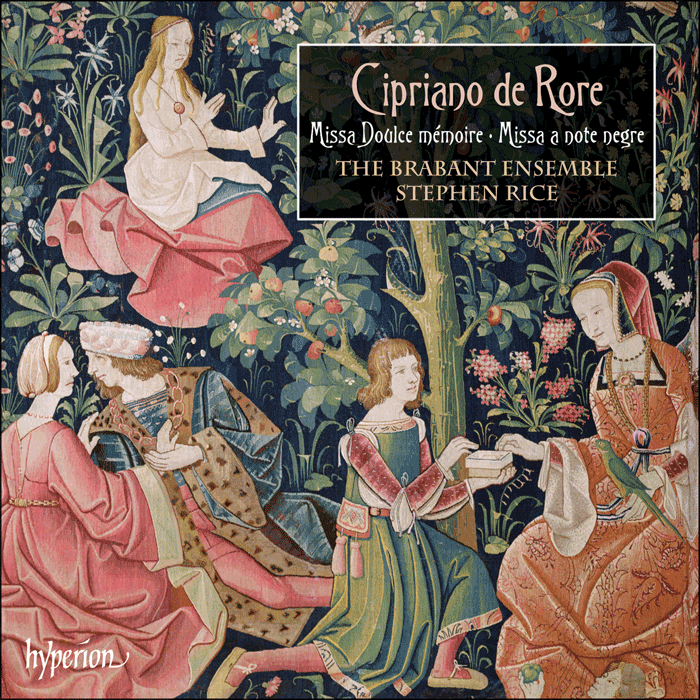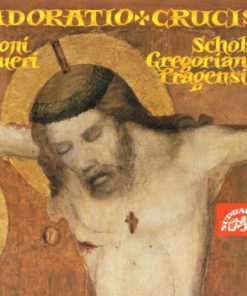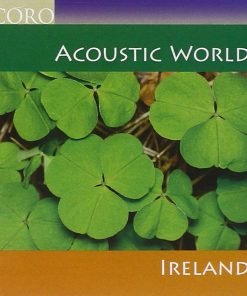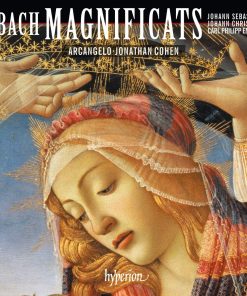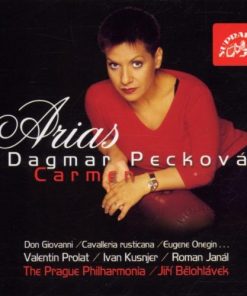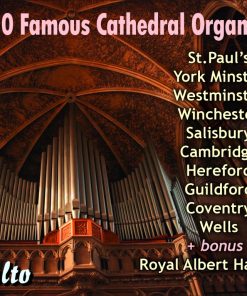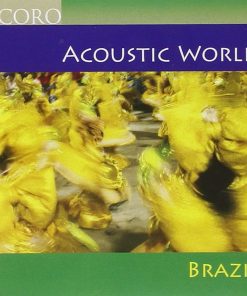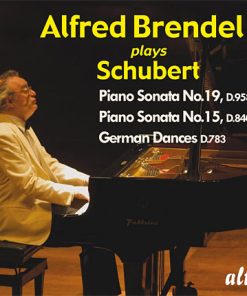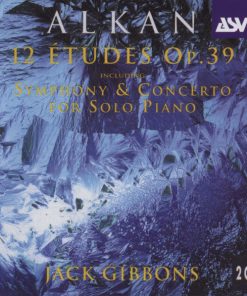Rore: Missa Doulce mémoire & Missa a note negre – The Brabant Ensemble, Stephen Rice Hyperion
$ 19,99 $ 11,99

Missa Doulce mémoire[27’42]
1
Kyrie[3’32]
2
Gloria[4’47]
3
Credo[8’22]
4
Sanctus and Benedictus[5’18]
5
Agnus Dei[5’43]
6
O altitudo divitiarum[7’09]
7
Fratres: Scitote[5’58]
8
Illuxit nunc sacra dies[2’25]
Missa a note negre[31’14]
9
Kyrie[4’10]
10
Gloria[5’36]
11
Credo[8’54]
12
Sanctus and Benedictus[5’47]
13
Agnus Dei[6’47]

The Brabant Ensemble continue their investigation into unknown jewels of the Low Countries Renaissance, researched by their director Stephen Rice and recorded with equal amounts of passion and erudition by the young singers of the group.
Cipriano de Rore was and is principally known as a madrigal composer, and, as Stephen Rice writes, ‘blended the contrapuntal complexity of Low Countries polyphonic style with Italian poetic texts to create a newly expressive vernacular genre’. This recording represents something of a new departure in presenting some of the least well-known aspects of the output of a composer who is justly famous in other fields.
The album contains two Mass settings based on French chansons, Missa a note negre on a composition by Rore himself, and Missa Doulce mémoire, which takes one of the sixteenth century’s greatest hits, by Pierre Regnault dit Sandrin (c1490–after 1560) as its inspiration. Also included are three motets. Fratres: Scitote is apparently a unique instance of composition to its text: St Paul here tells the story of the Last Supper, in which Jesus takes bread, blesses and distributes it, and thereby institutes the ritual of Holy Communion.
Fast Shipping and Professional Packing
Due to our longstanding partnership with UPS FedEx DHL and other leading international carriers, we are able to provide a range of shipping options. Our warehouse staff are highly trained to pack your goods exactly according to the specifications that we supply. Your goods will undergo a thorough examination and will be safely packaged prior to being sent out. Everyday we deliver hundreds of packages to our customers from all over the world. This is an indication of our dedication to being the largest online retailer worldwide. Warehouses and distribution centers can be located in Europe as well as the USA.
Orders with more than 1 item are assigned processing periods for each item.
Before shipment, all ordered products will be thoroughly inspected. Today, most orders will be shipped within 48 hours. The estimated delivery time is between 3-7 days.
Returns
The stock is constantly changing. It's not entirely managed by us since we are involved with multiple parties such as the factory and our storage. The actual stock can fluctuate at any time. Please understand it may happen that your order will be out of stock when the order is placed.
Our policy is valid for 30 days. If you haven't received your product within 30 days, we're not able to issue either a return or exchange.
You are able to return a product if it is unused and in the same condition when you received it. It must also still remain in the original packaging.
Related products
MUSIC CD
MUSIC CD
MUSIC CD
MUSIC CD
